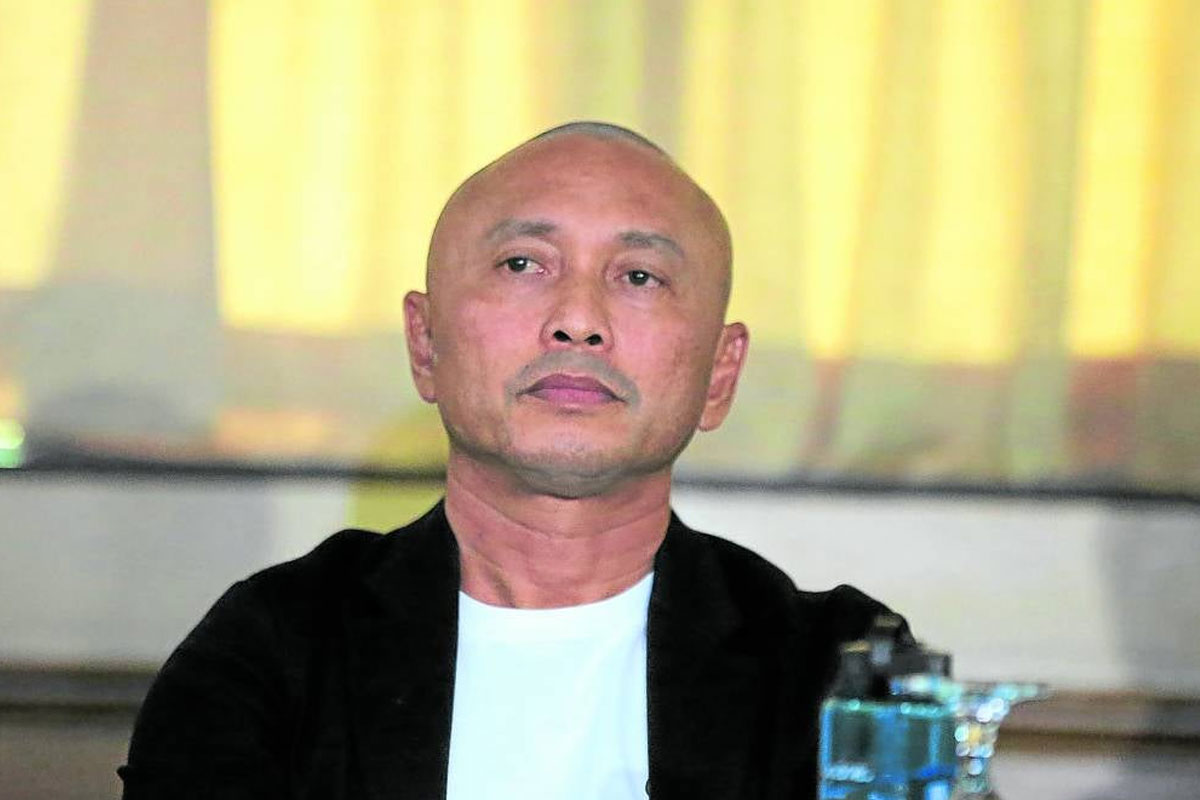
Salt industry easiest to revive — Salceda
THE salt industry is the easiest to revive.
This is according to House ways and means Chairman and Albay Rep. Joey Salceda stressing that an extremely low-margin business, the salt sector, has been stunted by regulation.
Salceda said the country’s salt industry has declined significantly from its peak in the 1970 however it is the easiest agricultural industry to revive.
“The salt industry is not dead. But it’s a bonsai industry. We try to cut it with so many self-imposed regulations. ” Salceda said.
The veteran solon proposed to repeal the requirement that salt makers have to iodize their salt.
“We can keep the requirement that food manufacturers have to use iodized salt. We can require iodization in all school canteens. But we should offer people the choice over their nutrition, not require everybody at the expense of our domestic salt sector,” he said.
“We now import 93% of our salt. That is in a country with one of the longest coastlines in the world. Shameful is one way to describe it. Stupid is another way,” the solon also said.
He also proposed that the DENR must simply create a list of areas where one can do salt making without significant environmental restrictions.
Salt making is one of the less environmentally destructive sectors.
“We can also make a negative list of areas that are not suitable for saltmaking due to environmental risks. If you don’t fall into either list, that’s the only time you need to apply for an environmental clearance,” the solon said .
Salceda also wants salt for export to be free from the iodization requirement under Republic Act No. 8172.
“We have artisanal salts. Tibuok in Bohol is one of the best in the world. And yet, they cannot even sell domestically – because they can’t iodize. Even when imported Himalayan salts freely get sold in the market. This is frankly ridiculous.”
Salceda said he will be pushing for amendments to Republic Act No. 8172.
“The problem right now is that RA 8172 amendments are referred to the committee on health, which means the industry considerations and food security concerns are secondary to the health discussions. But I will try to convince Chairman Gato and my colleagues that imported salt is far more difficult to regulate for health reasons. We don’t know how they make it,” he said.













